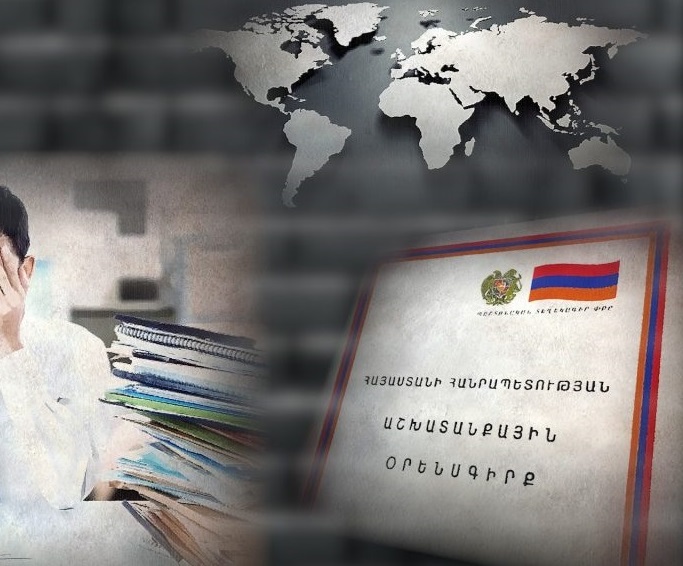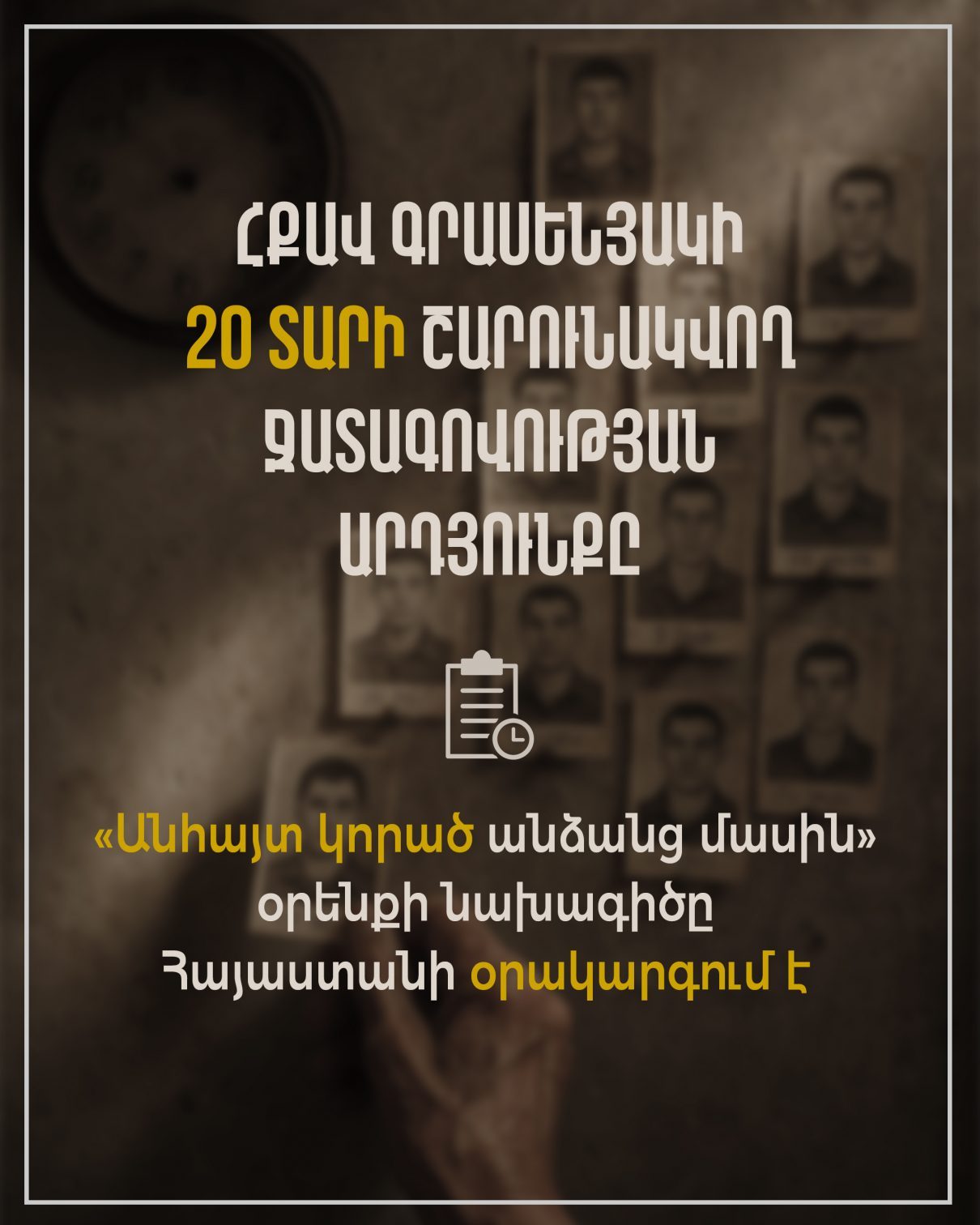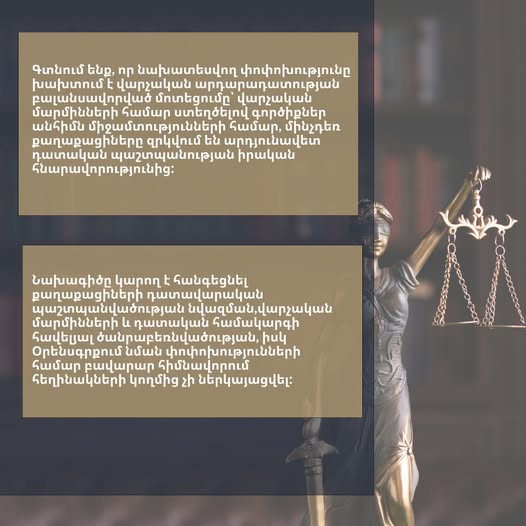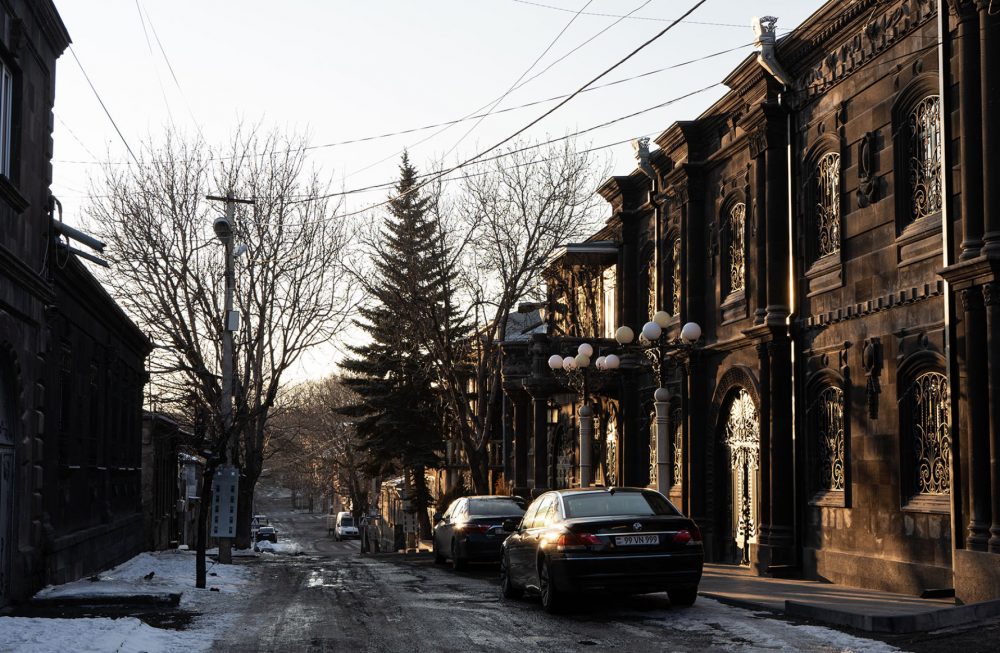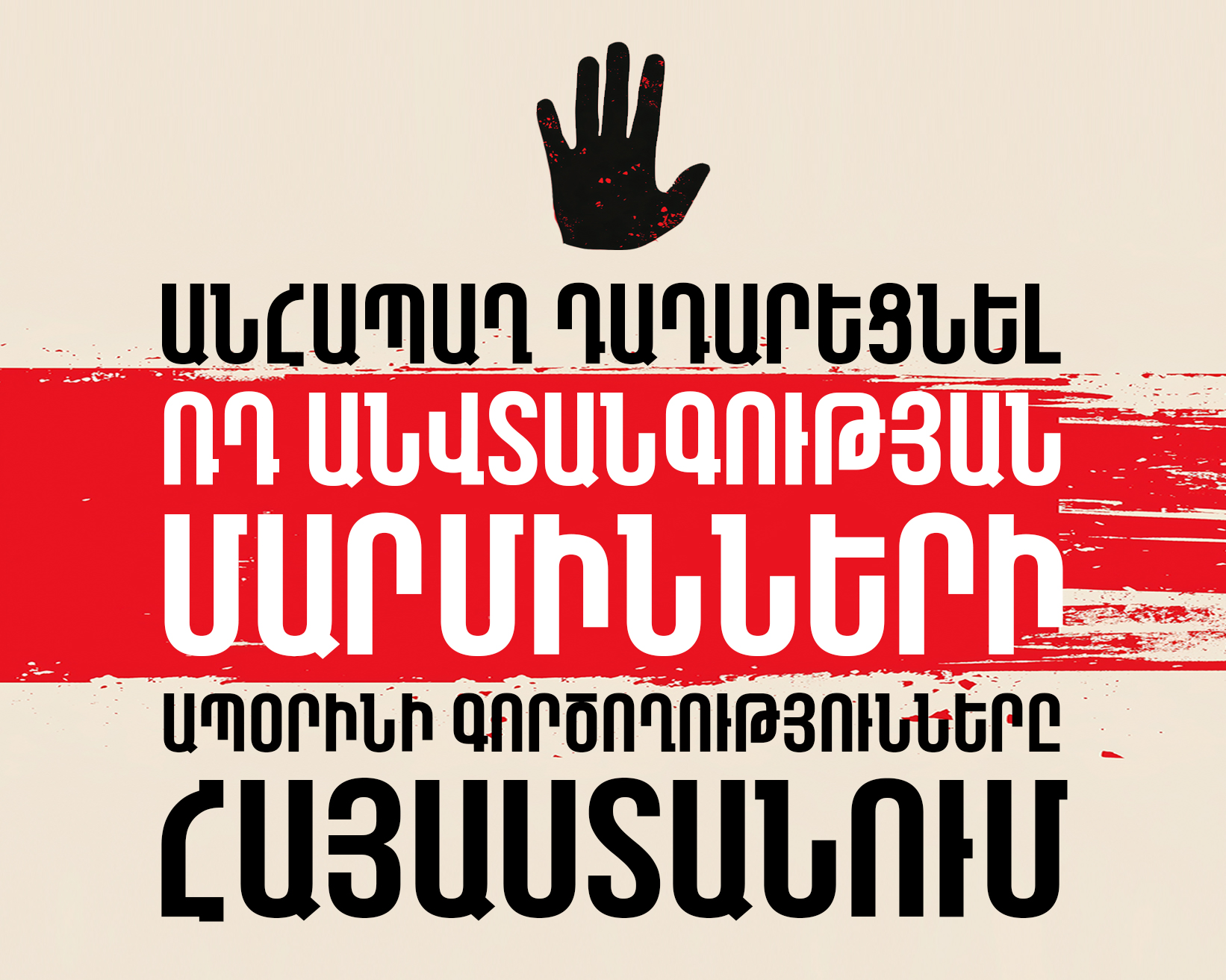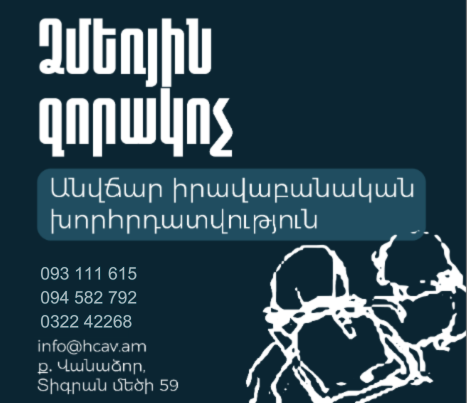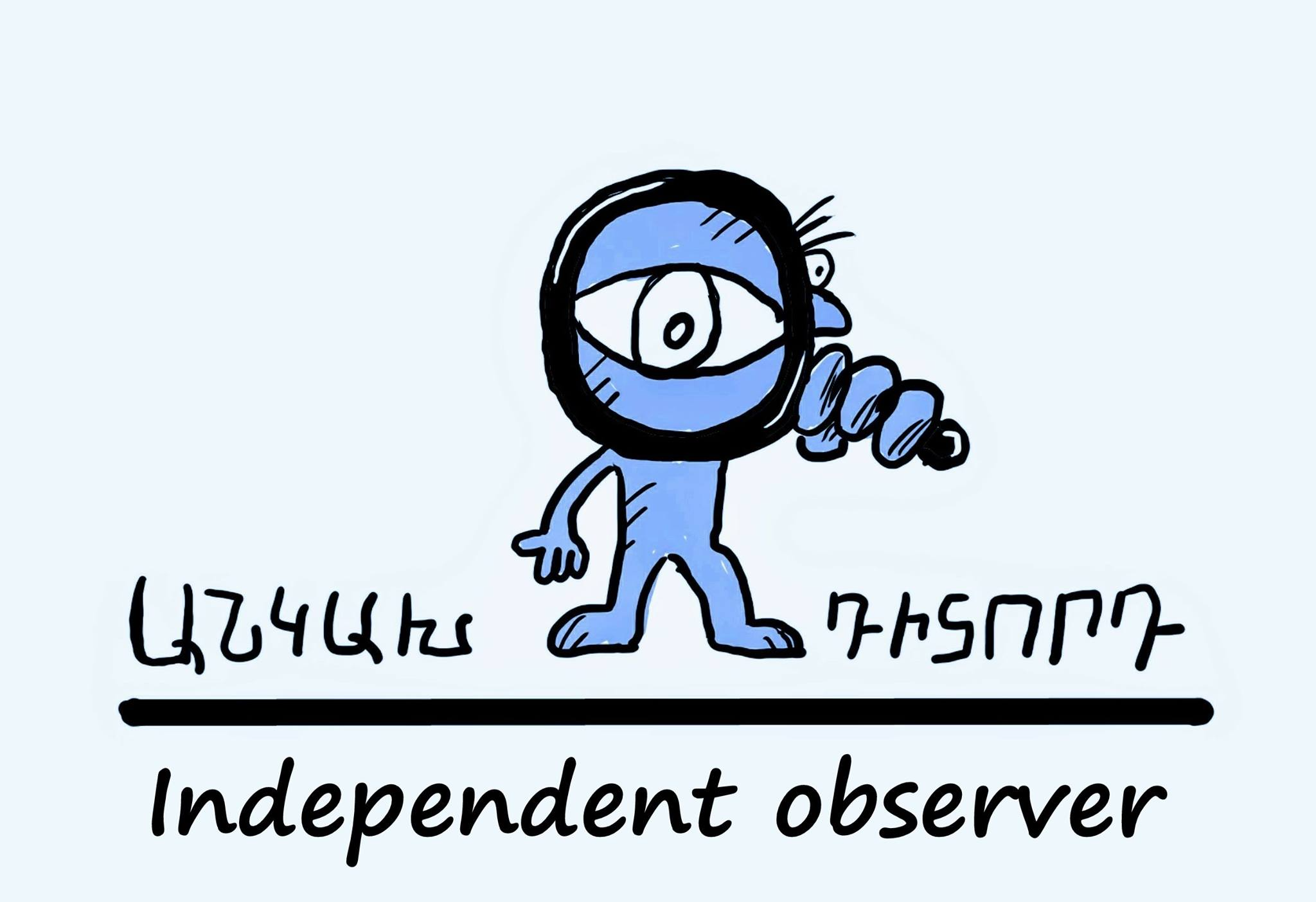




The decision of the RA State Revenue Committee recognized invalid: income tax not to be levied
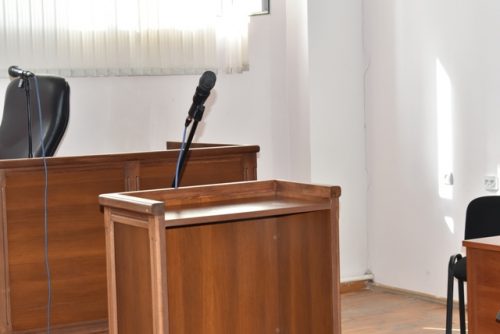
Activities | Legal Support | Legal Support | Success stories | Publications | Human Rights in the State of Emergency | News
On 14 April 2020, Gyumri Residence of the RA Administrative Court, presided by Robert Makeyan, upheld Hambardzum Matevosyan’s claim. The latter was the owner of a company, which was recognized bankrupt. Hambardzum Matevosyan claimed to recognize invalid the decision of the RA State Revenue Committee to levy AMD 2,253,885 income tax from him.
The company owned by Hambardzum Matevosyan was recognized bankrupt according to the Court’s decision, after which the bankruptcy agent sold Matevosyan’s property and fulfilled the obligations that had arisen as a result of bankruptcy. However, the agent did not fulfill his obligations fully and properly and did not pay income tax from the amount of the money received from the sale of the property. As a result, on 10 October 2019, the State Revenue Committee made a decision to levy the income tax from Hambardzum Matevosyan, who had no income from the property sale.
For the protection of his rights, the latter applied to HCA Vanadzor. HCA Vanadzor advocate Arayik Zalyan filed a lawsuit with the RA Administrative Court, claiming to recognize invalid the decision of the RA State Revenue Committee, since the income tax had not been paid due to the agent’s failure, while Hambardzum Matevosyan had no income from the sale of the property and therefore he could not pay income tax. On 24 January 2020, the Administrative Court accepted the claim for proceeding and on 25 February, the Court started examining it.
The responding representative of the State Revenue Committee objected to the lawsuit by stating that the bankruptcy trustee was a mediator of property alienation, therefore, no legal act could make him a tax agent or a person with the obligation to pay income tax. As the State Revenue Committee representative claimed, since at the moment of alienation, the property belonged to Hambardzum Matevosyan, the latter is the one to carry the obligation to pay the income tax.
Despite this, the Court found the claim of the plaintiff’s side to be grounded and upheld it. In the judgment dated 14 April 2020, the Administrative Court mentioned, “Under these conditions, the court states that the real estate (...) belonging to the plaintiff by the right to property was alienated in bankruptcy proceedings by public auction. However, the latter was not given any money from the sale of the property. Moreover, in the program of disposition of bankruptcy case means, the tax obligation caused by the sale of the debtor’s property, i.e. the payment of income tax as an unfulfilled requirement, was not registered in the debtor’s register in the appropriate queue and was not fulfilled”.
The Court records that the plaintiff cannot have a duty to pay an income tax for the alienation of his property via public auction by the bankruptcy trustee in the frame of the bankruptcy proceedings, since the plaintiff did not receive any income as a result of his property alienation. Thus, the tax body does not have the power to impose a tax duty in the context of income tax.



